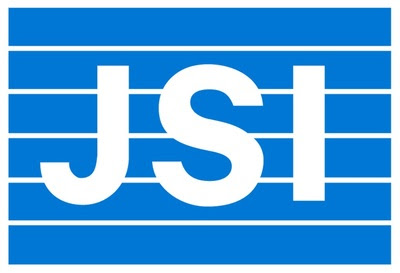BOSTON, July 28, 2021 /PRNewswire/ — The JSI Board of Directors has announced the appointment of Margaret Crotty as its next president and CEO. She will succeed Joel Lamstein, who has served as president and CEO since he founded John Snow, Inc., with Bert Hirschhorn in 1978.

Margaret, who has a record of leadership and innovation in both the nonprofit and private sectors in the areas of education and public health, will lead for-profit John Snow, Inc., the nonprofit JSI Research & Training Institute, and affiliate nonprofit World Education, Inc.
Margaret will join JSI and World Education in January 2022 from her position as CEO of the Partnership with Children, a New York City-based provider of community health services and community school management.
“In Margaret we found someone with knowledge of both the international and domestic U.S. social development and health domains and a vision that will help take JSI and World Education into the future, while nurturing the culture that JSI is renowned for,” commented Joel.
Previously, Margaret led Save the Children’s initiative to reduce global child and maternal mortality. She also spent seven years at EF Education and worked for McKinsey & Co. in Jakarta, Indonesia.
Margaret graduated from Princeton University with a BA in History and African-American Studies, and earned an MBA from Harvard Business School and a Masters in Public Health from Columbia University. She serves on several health and education boards, including those of Northwell Health, the Open Medical Institute, the City University Graduate School of Public Health, SeaChange Capital Partners, the United Hospital Fund, and ACCESS Health International. She is a member of the Council on Foreign Relations and the Young Presidents Organization, serves on several government task forces and higher education advisory boards, and chairs the Emerging Leaders Program for young leaders in the social sector.
John Snow, Inc., and nonprofit affiliate, JSI Research & Training Institute, are global public health consulting organizations dedicated to greater health equity and improving the health of individuals and communities, and to providing an environment where people of passion can pursue this cause.
Contact:
Mary-Kathryn Aranda
mary-kathryn_aranda@jsi.com
Logo – https://mma.prnewswire.com/